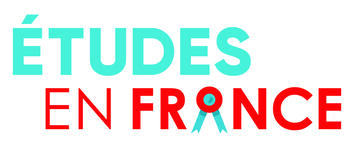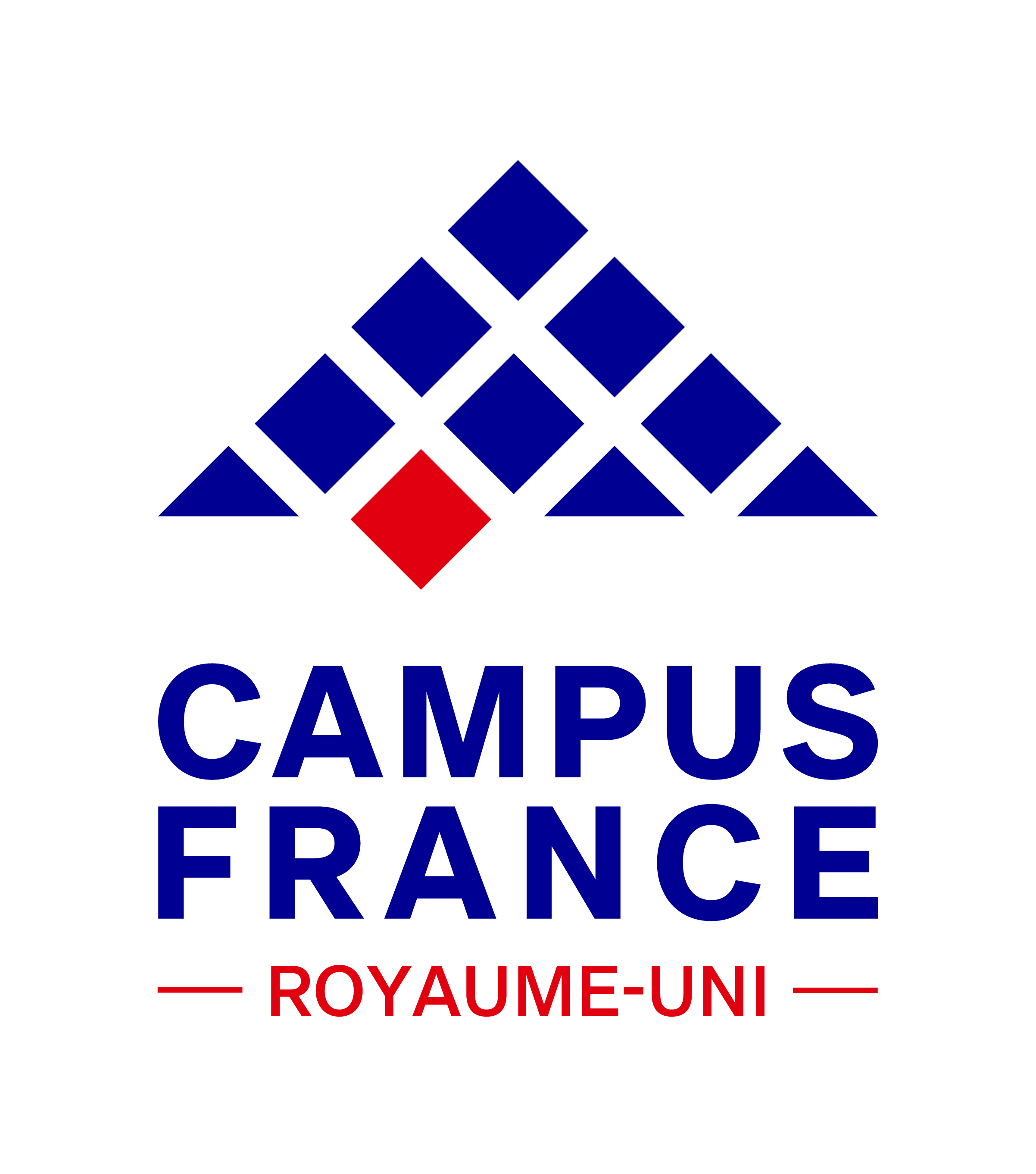This page is dedicated to those who have already been accepted by a French institution of education and who are planning their mobility. If you want to know how to apply to a degree course, check "A Guide to Studying in France".
Any question not answered on this page should be directed to the following address: ls.londres-fslt@diplomatie.gouv.fr
The type of visa you'll need will vary depending on the purpose of your mobility, its duration, your nationality, and sometimes whether the mobility is compensated or not. Let us help you make sense of it all by using the table below.
Use the France-Visas wizard to find the visa that best suits your situation.
Purpose |
Duration |
Nationality |
Visa status |
Study |
< 90 days | EU | No visa required |
| Non-EU, visa-free regime* | |||
| Non-EU, no visa-free regime* | Short-stay visa (Type C) | ||
| > 90 days | EU | No visa required | |
| Non-EU | Long-stay visa (Student) | ||
Internship |
< 90 days | EU | No visa required |
| Non-EU, visa-free regime* | Short-stay visa (Type C) | ||
| Non-EU, no visa-free regime* | |||
| > 90 days | EU | No visa required | |
| Non-EU | Long-stay visa (Trainee) | ||
Doctorate / PhD** |
N/A | EU | No visa required |
| Non-EU | Long-stay visa (Talent) | ||
Research |
< 90 days | EU | No visa required |
| Non-EU, visa-free regime* | |||
| Non-EU, no visa-free regime* | Short-stay visa (Type C) | ||
| > 90 days | EU | No visa required | |
| Non-EU | Long-stay visa (Talent) |
- *EU visa agreements with non-EU countries
- **Doctorate / PhD with a doctoral contract or financial resources in excess of €1594 net/month. If your doctoral mobility is different, your purpose is "Study".
This page is dedicated to the application process for the Long-stay visa (Student).
For information on the other types of visas, visit France-Visas.
The Long-stay Visa (Student)
Once you've been accepted, your host institution will send you a letter of acceptance/admission. Once you've received it, you can start the visa application procedure.
If your stay is longer than 3 months (90 days), you will need a visa. The visa can only be valid for 1 year maximum*.
British citizens are allowed to stay in France without a visa for up to 90 days (3 months) within an 180-day period (6 months). If you are not a British citizen, use our visa wizard to see if you need one. If you are a EU citizen, you don't need a visa.
A long-stay student visa (VLS-TS) is compulsory if you fit one of those categories:
- I am doing a study placement (exchange, double degree, study abroad) for a semester or a year;
- I have been accepted onto a degree programme in France;
- I am doing a PhD without a work contract;
- I have been accepted onto a French intensive course (FLE programmes);
! I won't be in the UK right before my study placement in France ! If you are doing a study placement for a semester in another country + a study placement for a semester in France: you must apply for your French visa at the French consulate of your first country of studies. Also, if you are not British and you are spending your summer in your home country, you can also apply from there, but you need to ask us for a transfer of files.
- *Are you planning on staying for longer than a year? After the end of your first visa, you can apply for a temporary student residence card (valid for 1 year) or a multi-annual student residence card (valid for 2 to 4 years), whichever is more suited to your study plan. You are subject to resource requirements. In some cases, the residence permit can be issued automatically. For more information, check out How to renew your residence permit (Titre de séjour)?
Throughout the entire process, you will need all the following documents. No French translation is required as long as they are in English or French.
- Passport (Valid for the duration of the mobility + 3 months)
- ID Photograph
- Diploma or Proof of Enrollment (Any document allowing us to review your academic background)
- Admission Lettre from your French institution (and once reviewed by Campus France, the EEF-Pastel Certificate*)
- Proof of Accommodation (at least the first 3 weeks of stay)**
- Proof of Financial Means of Support (615€ x the number of months of your visa)***
- (If not British) Proof that you are legally resident in the UK
- *This certificate can be found under its longer name "Certificate of pre-registration generated by the EEF-Pastel application (Campus France), stating the EEF ID number"
- **Hotel reservation for the first 3 weeks of the visa, rental agreement, sworn statement/undertaking from the host (establishment/institution or private individual) or explanatory letter from the student detailing how the accommodation is planned.
- ***Your most recent bank statements showing your name, details, sufficient funds to support yourself in France (school fees/accommodation/food); Proof of scholarship or maintenance loan; Private sponsor : letter from your sponsor stating financial sponsorship and relationship to the visa applicant + proof of ID + French residence permit (if applicable) + recent bank statement showing sufficient funds + last three month payslips
The procedure - between 3 and 6 weeks - is divided into 3 steps:
Step n°1: Etudes en France (EEF)
Step n°1: Etudes en France (EEF)

Length: Between 2 and 3 days
Register on the “Etudes en France” platform and follow the "VISA" process. If you applied to a programme on Etudes en France, use the same account.
Documents needed: Passport, Diploma or Proof of Enrollment, Acceptance Letter
Fee: £110 except if:
- you benefit from a French government grant (exempt),
- you hold a French baccalauréat (exempt),
- you take part in the Welsh "Taith" programme (exempt),
- you are enrolled in an Erasmus Mundus Master's Degree (£55)
- your mobility is part of a PhD / Doctoral programme (exempt),
- you have successfully applied via the EEF application procedure (fee already paid)
Please note that the payment link will only be sent after your application has been reviewed and approved—not immediately upon submission.
Where does my money go? The EEF processing fee is redirected to Campus France UK and, by extension, the French Institute and Embassy in the UK, where it is used to finance promotional activities, staff costs, scholarships, cultural events, and other related initiatives aimed at fostering educational and cultural exchange between France and the UK.
Step n°2: France-Visas
Step n°2: France-Visas

Length: 1 hour
Fill in a visa request on the France-Visas platform. If you're applying to a Student VLT-TS, you will be asked to provide your EEF number, which is a number given during the "Etudes en France" process (Step 1). More information on this process, including the necessary documents: france-visas.gouv.fr
Documents needed: EEF-Pastel Certificate, Proof of Financial Means of Support, Proof of Accommodation
Fee: 50€ (except for Erasmus+ students)
Where does my money go? Visa fees go to the French government to cover administrative costs associated with processing applications and maintaining the visa system. These costs include staff salaries, equipment, consular services, security measures, technology, document verification, and biometric data collection.
Step n°3: TLS Contact
Step n°3: TLS Contact

Length: Waiting time until the appointment and then maximum 3 weeks after the appointment took place
Book an appointment in a TLS Center (London/ Edinburgh /Manchester) to deposit your biometrics. The appointment must be booked early if possible within the limit of the three months ahead of the programme. You will hand over your passport at the TLS center, and they will send it to the French Consulate, which will keep it for up to 3 weeks before sending it back to you. Make sure you haven't made plans to leave the country!
Documents needed: ID Photograph + All documents mentioned so far (printed)
Fee: May vary
Where does my money go? TLS Contact is an entity distinct from the French mission in the UK. They help us and other countries (Switzerland, Belgium, Netherlands...) manage the flow of visa applications. The TLS booking fee primarily finances the operation of the centres, covering costs such as staff salaries, facility maintenance, equipment, and technology infrastructure to process applications efficiently.







